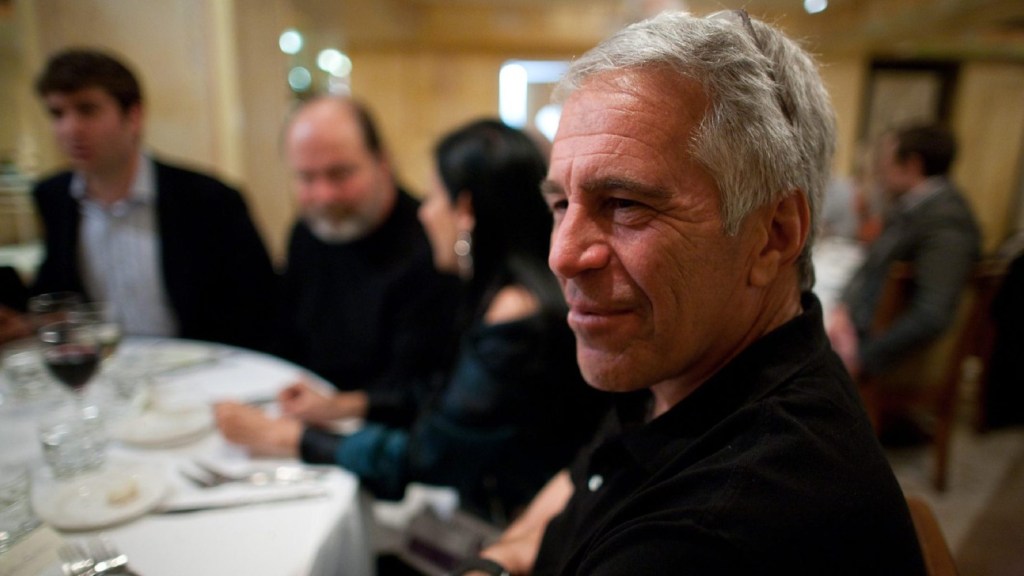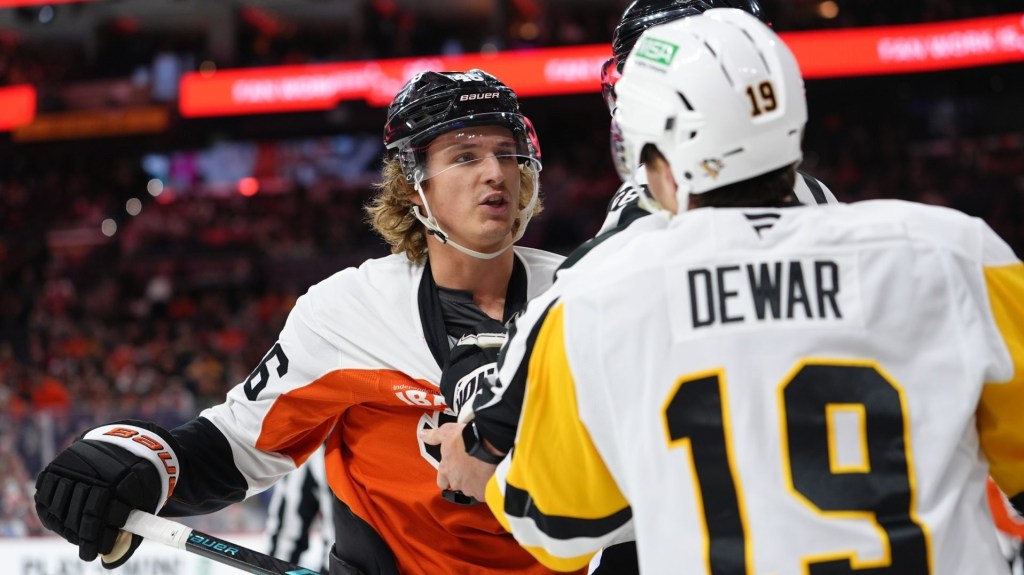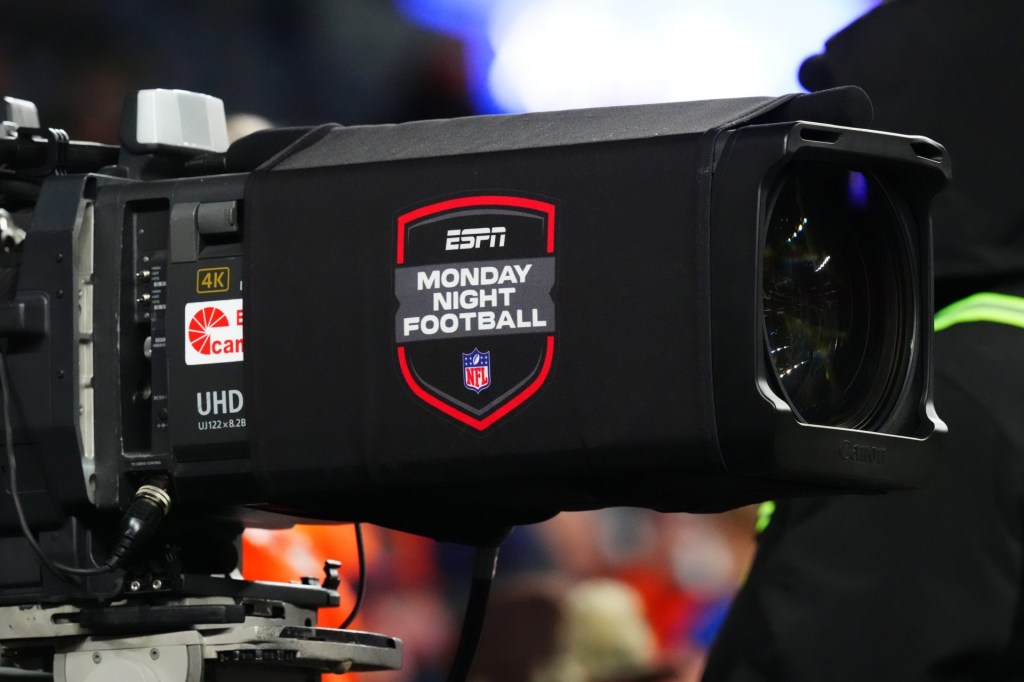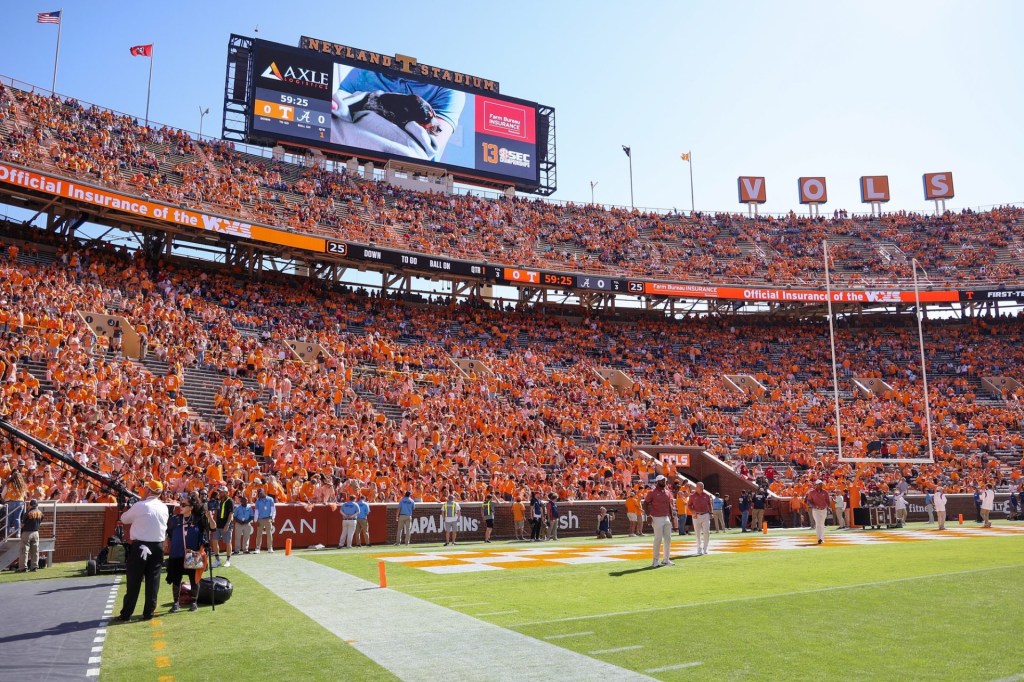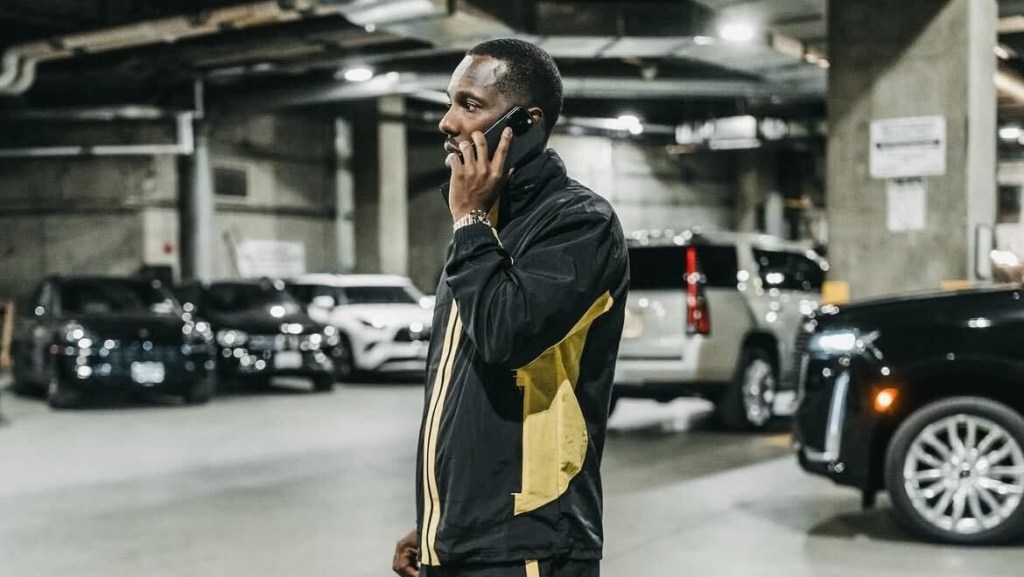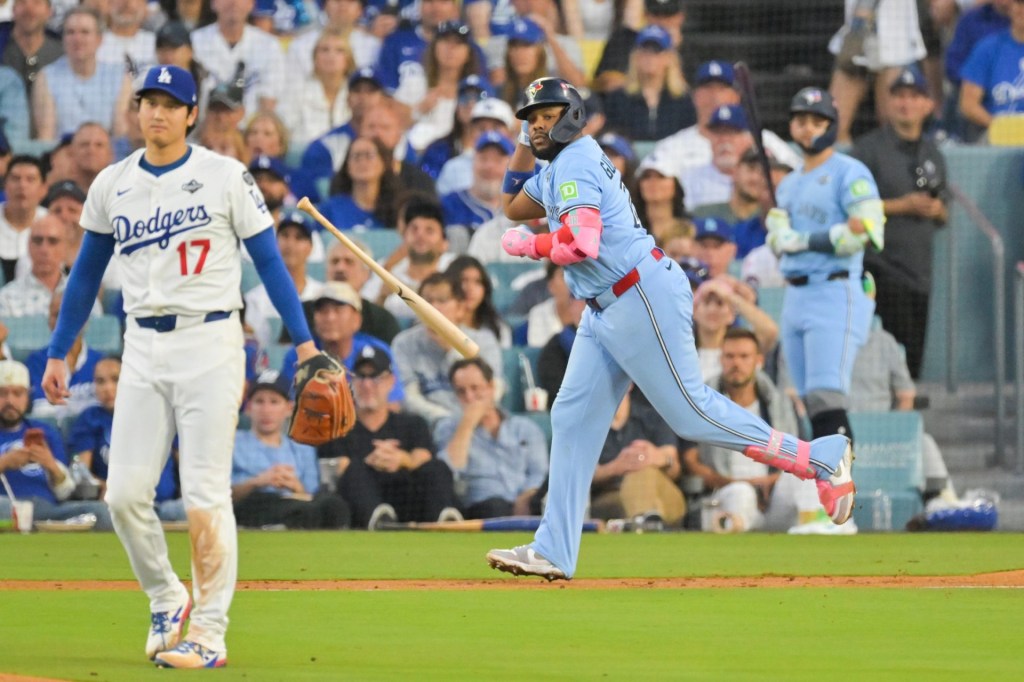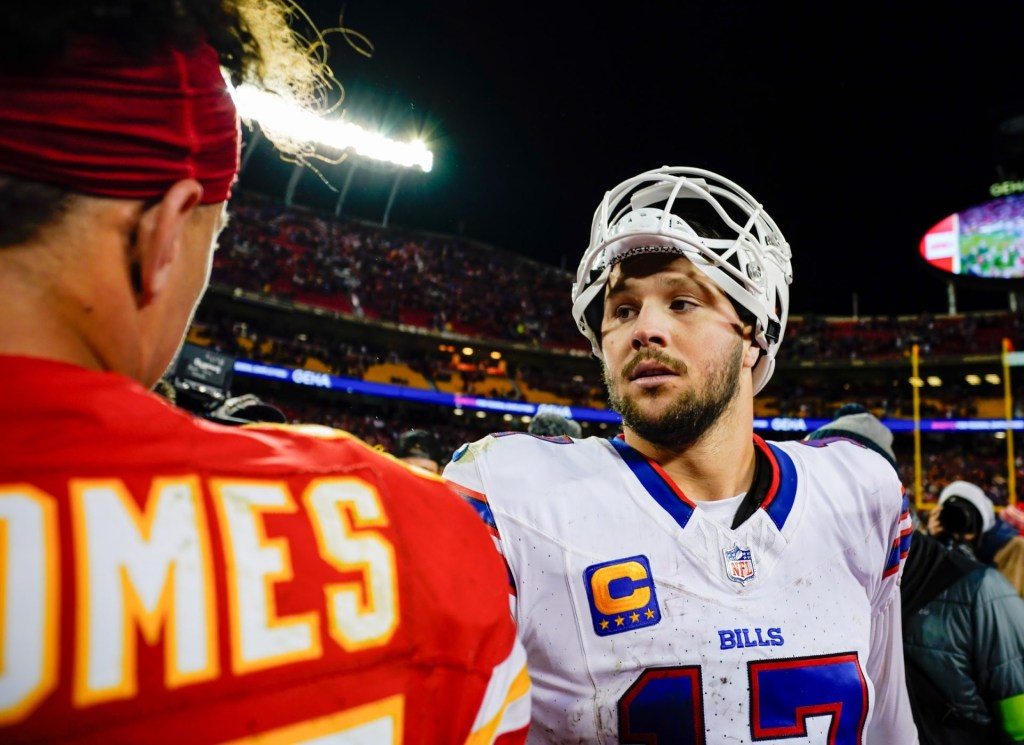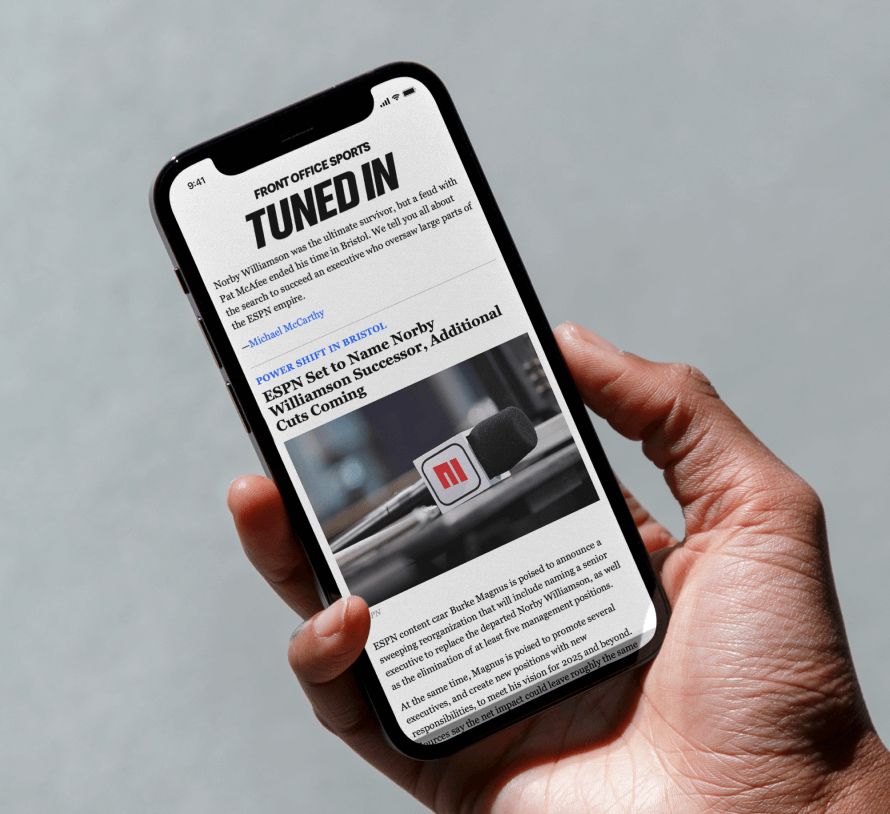An unusual confluence of expiring television distribution agreements, most of them involving YouTube TV, has left a disparate mix of results.
As four major carriage deals ended Sept. 30, the contracts now stand in different places, reflecting the increasingly complex nature of the TV business. Among the major developing situations:
- YouTube TV–NBCUniversal: Google-owned YouTube TV found itself right back in a large-scale carriage fight, just weeks after settling a similar issue with Fox. Late Tuesday, the sides agreed to a temporary extension that will keep NBC networks on the No. 4 pay-TV distributor while talks continue. That means upcoming sports programming, including a hefty college football slate Saturday and the NFL Sunday Night Football game Oct. 5 between the Patriots and Bills, will remain fully available.
- YouTube TV–TelevisaUnivision: The streamer did not reach an accord with the Spanish-language programmer, and that network’s channels have gone dark on the platform. YouTube TV is offering subscribers a $6 credit if the channels remain unavailable “for an extended period of time.” The dispute arrives in the midst of National Hispanic Heritage Month, further inflaming the situation.
- YouTube TV–Monumental Sports Network: The sides also failed to reach an agreement, and the regional sports network also went dark on YouTube TV. The Ted Leonsis–led RSN airs his NBA Wizards, NHL Capitals, and WNBA Mystics, and the blackout arrives just weeks before the start of the hockey and men’s basketball seasons. MSN has also gone dark on Disney-controlled Hulu. “Unfortunately, this isn’t just about YouTube TV’s and Hulu’s disregard for D.C. sports fans,” said MSN GM Friday Abernethy. “Their decisions to walk away reflect a troubling reality in the pay-TV industry: independent regional sports networks like Monumental are being squeezed out by large, multinational streaming companies using anticompetitive tactics.”
- Comcast–YES Network: Like the YouTube TV–NBCUniversal situation, the sides reached a short-term agreement to keep the Yankees-controlled RSN on the air while talks continue. Neither Comcast nor the YES Network detailed how long the extension is for, but the network will continue to have full distribution while it continues pre- and post-game coverage of the Yankees, currently playing in MLB’s wild-card playoffs on ESPN.
Comcast and the YES Network continue to have a broad ideological divide, particularly regarding the carrier’s ongoing push to place RSNs on more expensive tiers. YES Network has fought that effort, and the crosstown SportsNet New York, which is partially owned by Comcast and airs the Mets, has not yet been subject to the tiering—directly influencing the current talks.
Carriage battles such as these have grown much more common across the media business. Distributors and programmers alike are battling rising cord-cutting among consumers, a growing migration toward streaming, and rising costs for sports rights.
“The danger for legacy media is that YouTube and its parent company, Google, would be unaffected if YouTube TV collapsed and/or disappeared,” wrote LightShed Partners in a research note. “By contrast, NBCUniversal or Disney losing 15% of its video subscriber base … would be quite painful. That being said, it’s not that simple for YouTube either. YouTube is trying to build YouTube TV to drive more and more people to watch YouTube content on television screens, which helps the core YouTube ad business and take share from linear TV.”
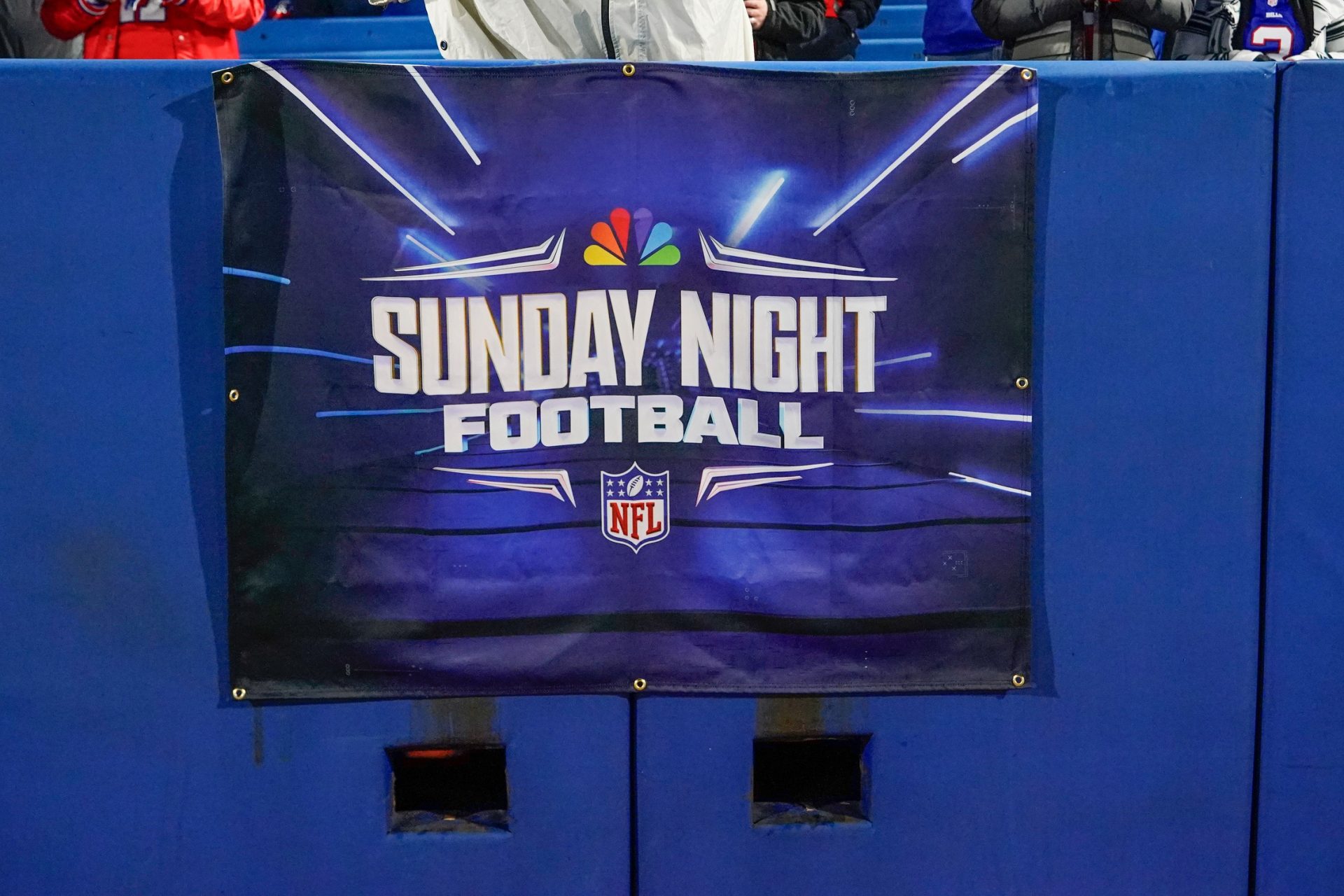
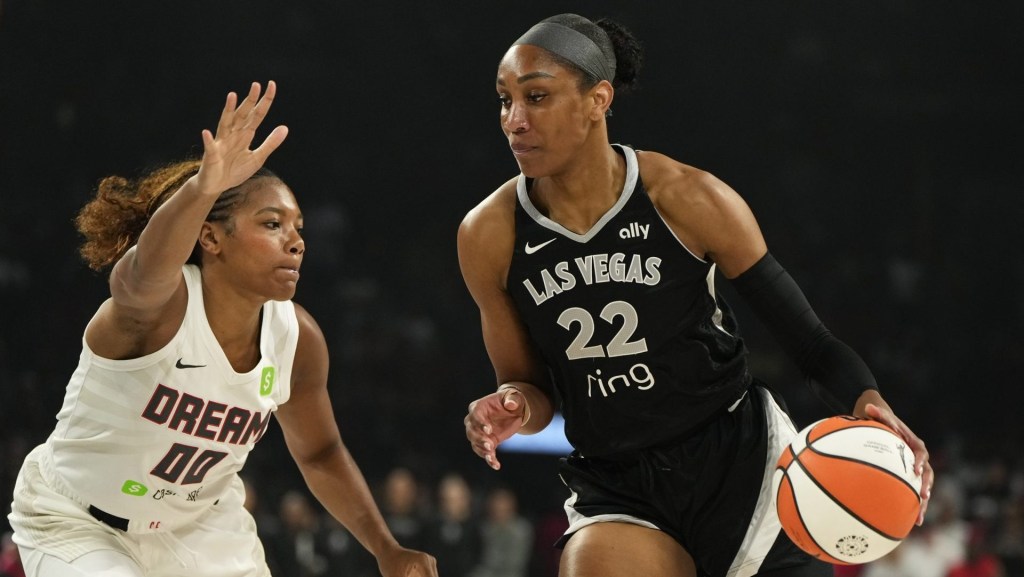
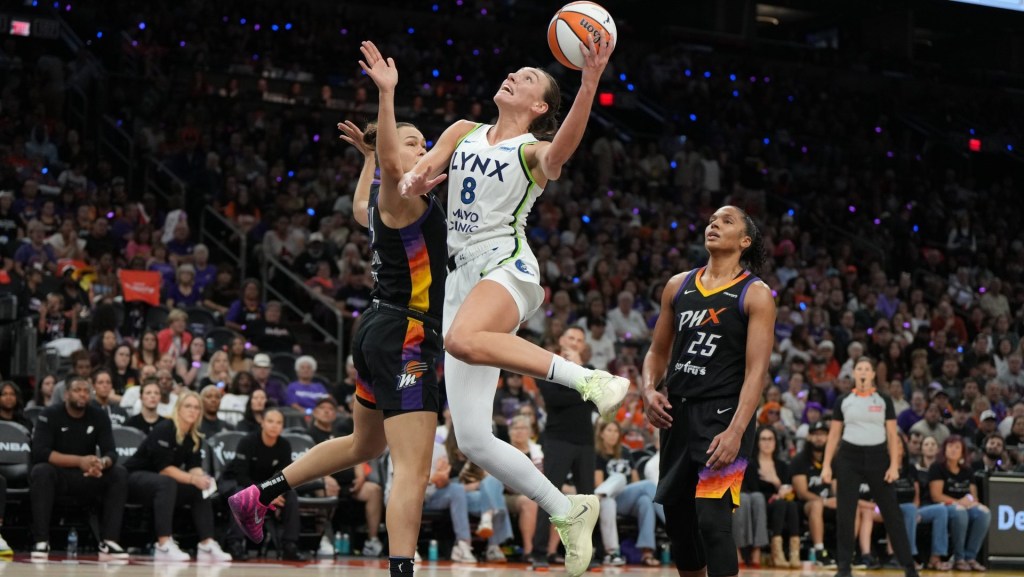
![[Subscription Customers Only] Jul 13, 2025; East Rutherford, New Jersey, USA; Chelsea FC midfielder Cole Palmer (10) celebrates winning the final of the 2025 FIFA Club World Cup at MetLife Stadium](https://frontofficesports.com/wp-content/uploads/2026/02/USATSI_26636703-scaled-e1770932227605.jpg?quality=100&w=1024)
